As urbanization continues to rise across Southeast Asia, Urban Sustainable Hotels are becoming a beacon of eco-conscious luxury. These eco-city hotels are strategically designed to offer a green, sustainable experience while maintaining the vibrant energy of busy metropolitan areas. With a growing demand for eco-friendly travel options, travelers are seeking sustainable stays that don’t compromise on comfort or style. The urban sustainable hotels in ASEAN combine green architecture, energy-efficient designs, and a focus on local culture to create memorable stays in bustling cities, offering a perfect balance of luxury and sustainability.
In this article, we explore the best urban boutique hotels in ASEAN that are leading the way in sustainable tourism, highlighting their eco-friendly features, commitment to local communities, and unique, design-forward accommodations.
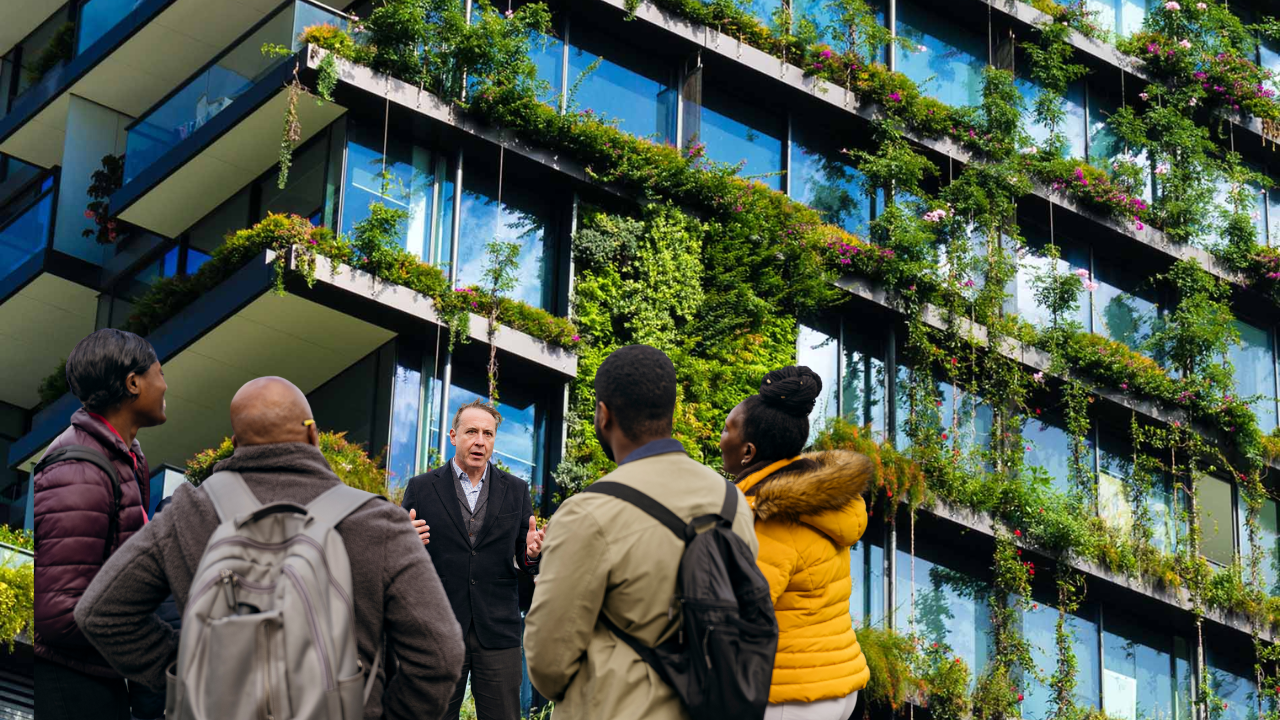
Why Sustainable Urban Hotels Matter: The Role of Eco-Friendly Accommodation in City Living
Sustainable Design Meets Urban Luxury
As cities grow and the need for sustainable living increases, the hospitality industry must adapt. Urban boutique hotels in ASEAN are at the forefront of this change, offering travelers an eco-conscious alternative to traditional accommodations. These hotels not only promote energy efficiency and green architecture, but also focus on preserving local ecosystems and supporting sustainable urban development.
Why It Matters:
- Urban growth continues to outpace sustainability efforts, with cities being responsible for 70% of global carbon emissions. Hotels that promote green living can contribute to reducing these impacts by incorporating eco-conscious design and operations.
- Many guests today are increasingly selecting accommodations that reflect their environmental values. In fact, 65% of travelers prioritize eco-friendly hotels when choosing their accommodations (Booking.com).
Sustainable urban hotels offer travelers an opportunity to contribute to sustainable city growth by supporting green infrastructure and local communities, all while enjoying high-end luxury and convenience.
Top Sustainable Urban Boutique Hotels in ASEAN
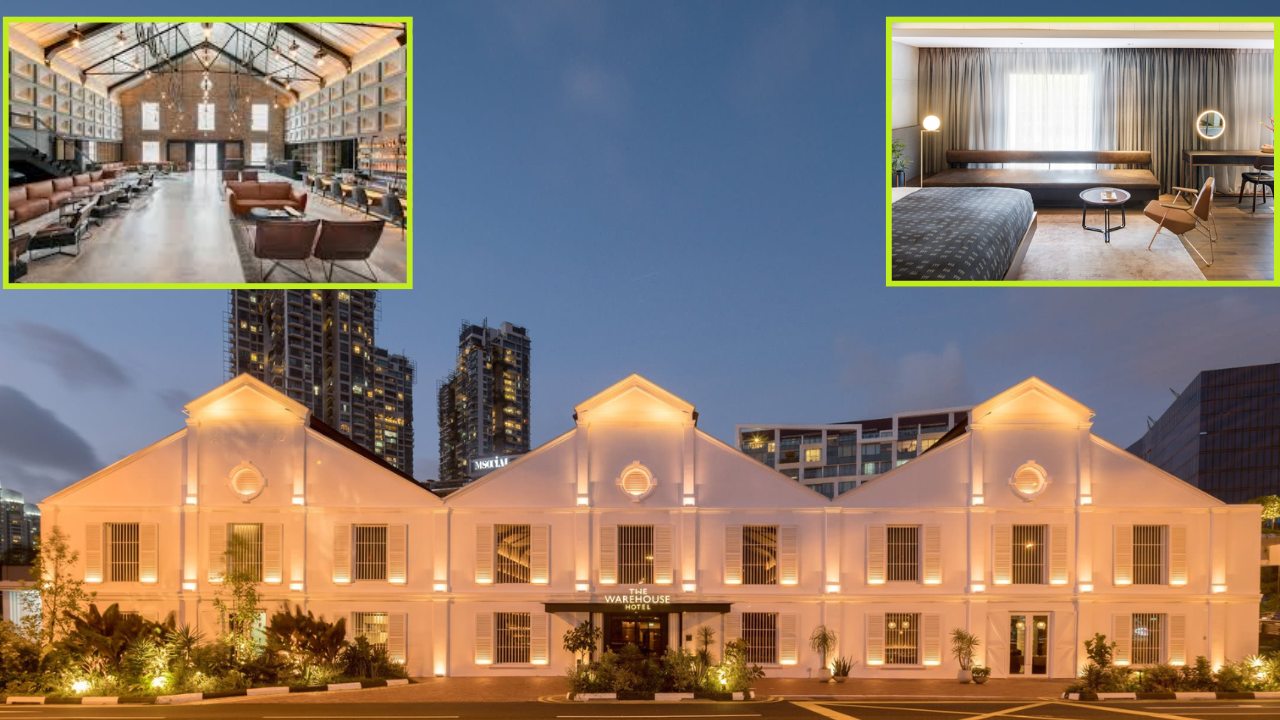
1. The Warehouse Hotel, Singapore
Why It’s Great: Located in the heart of Singapore, The Warehouse Hotel offers a unique blend of industrial chic design with eco-conscious features. The hotel’s conversion from a historical warehouse into a boutique accommodation includes green building certifications and sustainable design elements.
Eco-Friendly Features:
- Rainwater harvesting systems for water conservation.
- Solar-powered lighting and energy-efficient heating.
- Use of recycled materials in furniture and interior decor.
- Close proximity to public transportation, promoting eco-friendly travel.
What Makes It Special: The Warehouse Hotel is an urban oasis, offering modern luxury while championing environmental responsibility. Guests can enjoy a walkable city experience with easy access to cultural landmarks and sustainable dining options.
- Key Statistic: Singapore is consistently ranked among the top eco-cities globally, with over 80% of its population living in green-certified buildings (Eco-Business).
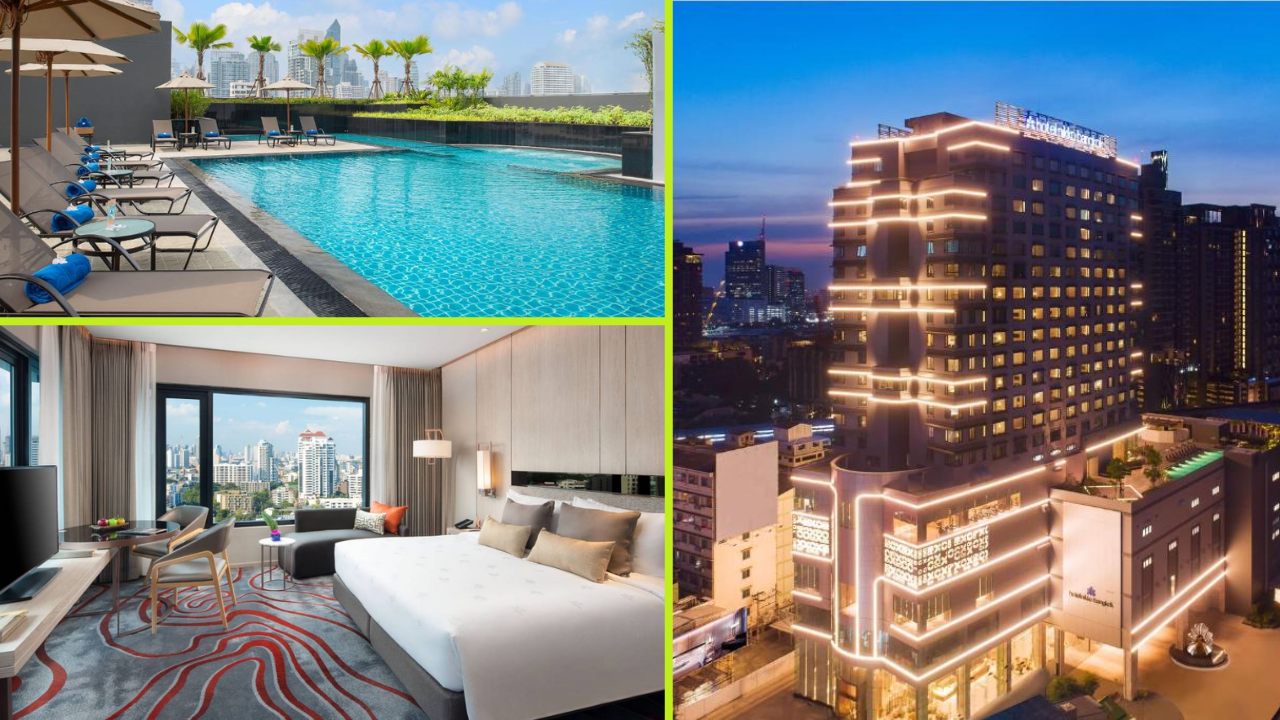
2. Hotel Nikko, Bangkok, Thailand
Why It’s Great: Situated in the heart of Bangkok, Hotel Nikko combines luxurious service with eco-friendly amenities. The hotel is committed to reducing its environmental footprint, making it one of the top sustainable urban hotels in Thailand.
Eco-Friendly Features:
- Green building certifications, including LEED (Leadership in Energy and Environmental Design).
- Energy-efficient LED lighting throughout the hotel.
- On-site organic gardens used for dining, supporting local farmers and promoting farm-to-table dining.
- Zero-waste initiatives, including composting and recycling programs.
What Makes It Special: Hotel Nikko’s central location allows guests to explore Bangkok’s thriving culture while minimizing their environmental impact. The hotel offers luxury amenities with innovative green practices designed to preserve the local environment.
- Key Statistic: Thailand is actively working toward achieving zero carbon tourism by 2030, with Bangkok leading the way in sustainable tourism initiatives (Thailand Tourism).
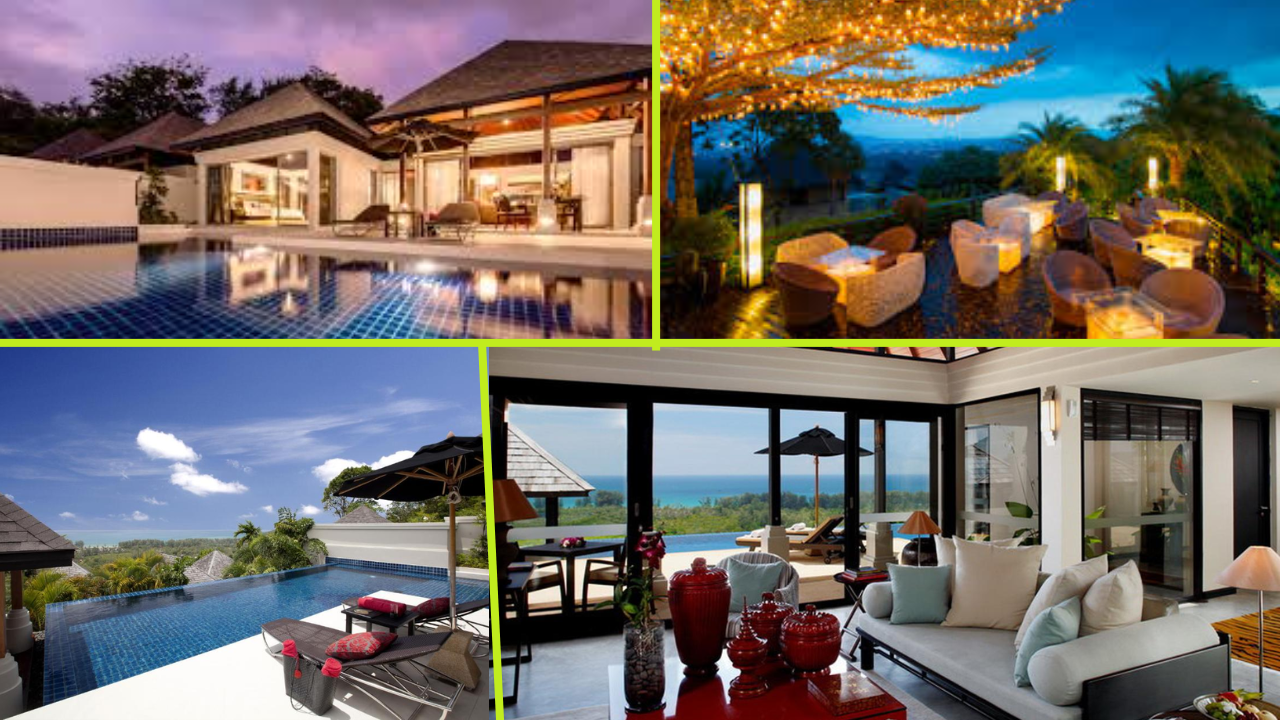
3. The Pavilions, Phuket, Thailand
Why It’s Great: The Pavilions in Phuket is an exclusive, eco-conscious retreat that focuses on sustainable design and practices. Nestled amidst lush tropical landscapes, the hotel offers stunning views of Naithon Beach while supporting environmental and community development.
Eco-Friendly Features:
- Solar-powered heating and cooling systems.
- Water filtration systems that reduce the need for plastic bottles.
- Local sourcing of food, reducing carbon emissions associated with transportation.
- Use of bamboo and reclaimed wood in its construction.
What Makes It Special: The Pavilions offers an authentic eco-luxury experience, focusing on well-being and sustainability. Guests can participate in nature conservation projects and enjoy activities like beach cleanups and wildlife protection programs.
- Key Statistic: Phuket is home to numerous marine protected zones, contributing to the preservation of its ecosystems and biodiversity (Phuket Marine Protected Areas).
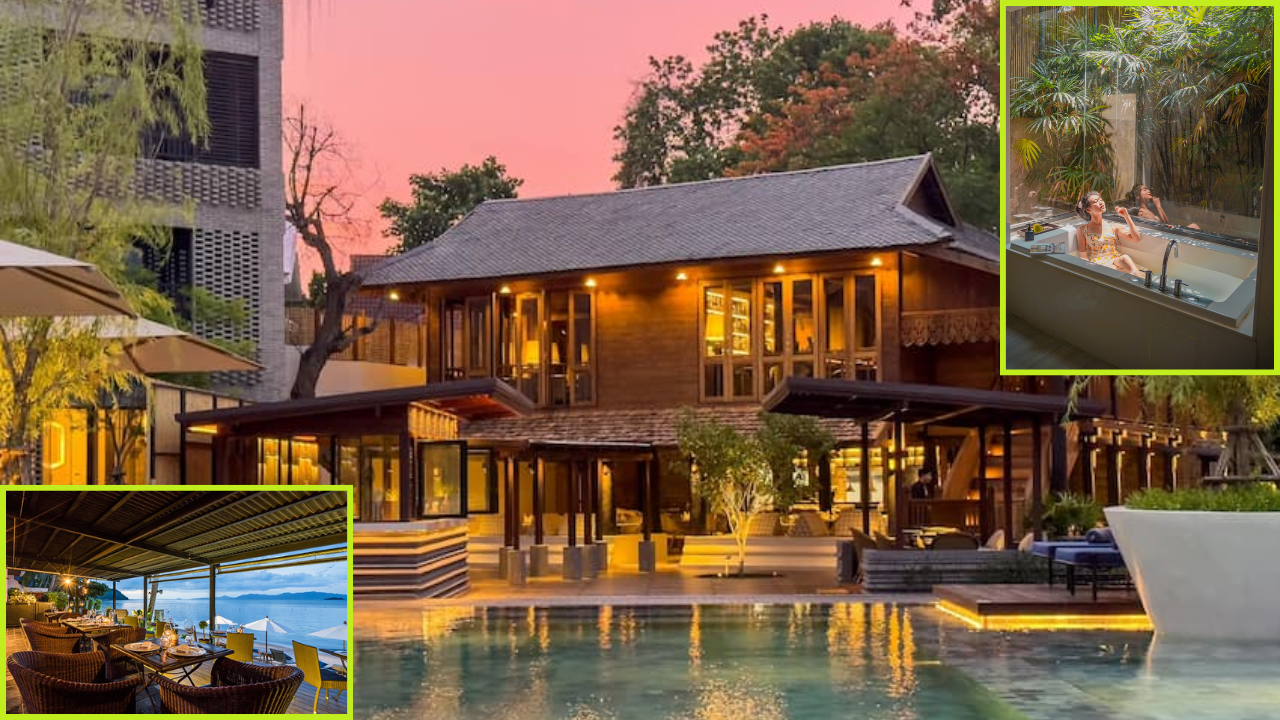
4. The Scent Hotel, Chiang Mai, Thailand
Why It’s Great: Located in Chiang Mai, The Scent Hotel blends nature, modern design, and sustainable practices. Known for its intimate size and sustainable approach, the hotel features eco-friendly architecture that minimizes environmental impact.
Eco-Friendly Features:
- Solar energy to power the hotel’s operations.
- Green roofs and vertical gardens to improve air quality and reduce heat island effects.
- Commitment to plastic-free operations, including reusable toiletries and eco-friendly packaging.
- Composting of food waste to reduce landfill contributions.
What Makes It Special: The Scent Hotel is a boutique eco-luxury hotel offering personalized services and a focus on environmental responsibility. Located near the Old City of Chiang Mai, it’s perfect for travelers seeking a sustainable yet intimate city escape.
- Key Statistic: Chiang Mai is recognized as a leading city for eco-tourism in Thailand, with sustainable initiatives being adopted by local businesses (Chiang Mai Sustainable Tourism).
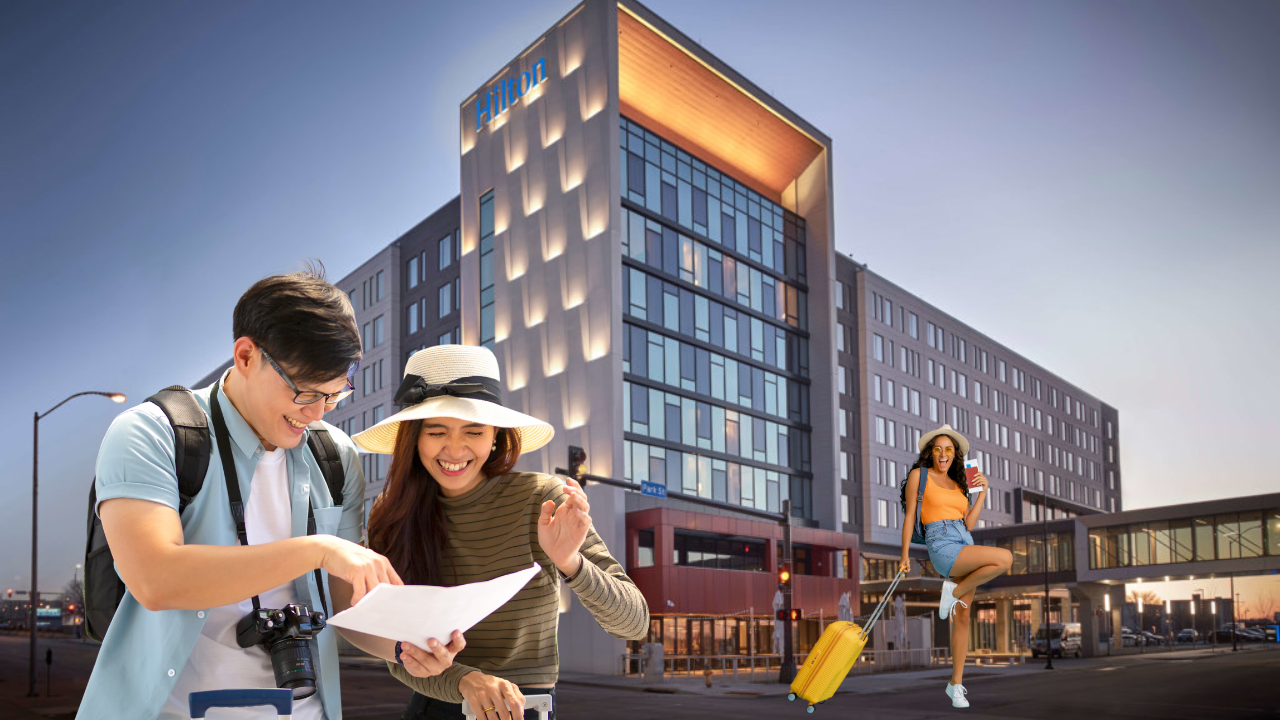
Why Sustainable Urban Hotels are the Future of Travel
Sustainable Urban Living
The rise of urban sustainable hotels reflects a larger trend toward sustainable urban development. As more travelers demand eco-conscious accommodations, urban hotels in ASEAN are increasingly adopting green practices to attract eco-conscious consumers while contributing to local sustainability goals.
Emerging Trends:
- Energy-efficient design: Hotels in ASEAN are prioritizing low-energy buildings, reducing their reliance on non-renewable resources.
- Smart hotels: Integration of IoT technology in smart hotel rooms to optimize energy use, automate systems, and improve guests’ experiences.
- Sustainable urban architecture: The growing popularity of green rooftops and urban gardens, which help improve air quality and contribute to biodiversity in cities.
- Key Statistic: The eco-tourism market in Southeast Asia is growing at an annual rate of 15-20%, with urban sustainability becoming an integral part of the sector’s development (UNWTO).

Conclusion: A Greener Future for Urban Boutique Hotels in ASEAN
Urban sustainable hotels in ASEAN are setting the standard for green luxury, offering travelers a chance to enjoy the vibrant energy of city life while minimizing their environmental impact. From solar-powered buildings to sustainable urban gardens, these boutique hotels combine luxury and responsibility to create unique and memorable stays. As eco-conscious travel continues to rise in demand, the future of urban boutique hotels will revolve around green architecture, innovative design, and partnerships with local communities to ensure a sustainable future for all.









